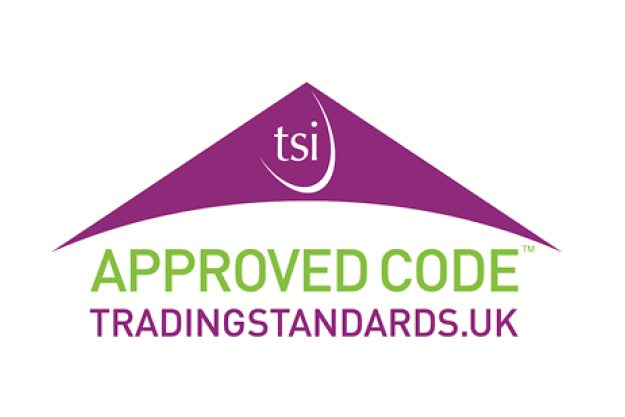The main changes are to the rules on serving a notice to quit under Section 21 of the Housing Act 1988, commonly known as a Section 21 Notice.The changes come into force on October 1 and apply to tenancies entered into on or after that date.The following guidance has been written especially for EYE readers by Michelle Cox, a lawyer at Greenwoods Solicitors.“The main changes to be aware of are:It will no longer be possible to serve a Section 21 Notice until the tenant has lived in the property for a minimum of four months. This is designed to stop landlords serving a Section 21 Notice as soon as a tenant moves in. As before, the notice can’t expire in any event before the end of any fixed term.A Section 21 Notice will only be valid for six months from the date it was given. This means that if the tenant doesn’t leave, possession proceedings must be commenced within six months of the service of the Section 21 Notice. Different rules apply where the notice period set out in the tenancy agreement is more than two months.A Section 21 Notice will no longer be invalid if the date of possession given on it is not the last day of a tenancy period. This has traditionally been one of the main reasons that a Section 21 Notice fails. As long as a full two months’ notice is given, then unless another unconnected error is made, the Section 21 Notice will be valid.Landlords will be unable to serve a Section 21 Notice in circumstances where it is in breach of its legal obligations to a tenant. This includes obligations as to the condition of the property, the health and safety of the occupants and failure to provide an Energy Performance Certificate or a valid gas certificate for the propertyIn addition, where a tenant has raised a complaint to the landlord or agent in writing about the condition of the property there are also restrictions against the service and reliance upon a Section21 notice:If such a complaint is raised and no adequate response is received or such response is received but no action is taken to remedy the complaint, then the tenant will need to complain to the local authority. Until the local authority has decided whether to issue a Relevant Notice (e.g. improvement notice) on the landlord for works to be carried out then a Section 21 Notice cannot be relied upon. If a Relevant Notice is served by the local authority, a section 21 notice cannot be served for six months from the date of that notice.If the landlord/agent adequately responds within 14 days and the work is carried out this will have no impact on a Section 21 notice.The landlord will have a defence in these circumstances where the tenant has failed to use the property in a tenant like manner or the disrepair is due to a breach of the tenants obligations under the lease; where a mortgagee is seeking possession; or where the property is genuinely on the market for sale at the time the Section 21 notice is served.When a Section 21 Notice is served, all rent that has been paid for any period where the tenant ceases to lives in the property must be repaid to the tenant. This has implications where a tenant who has paid their rent decides to leave when they receive the Section 21 Notice rather than when the notice expires. Where a tenant pays a full month’s rent but then is required by the Section 21 Notice to vacate or voluntarily vacates mid-way through the month, the tenant is entitled to be reimbursed the overpayment of rent for that period.One change that is already in force relates to the protection of deposits. All deposits ever taken which are still being held must now be protected. Once complete the deposit protection certificate and all prescribed information must be served on the tenant. If any deposit has not been protected or returned to the tenant a Section 21 Notice cannot be served.”
Extracted from property Industry Eye
Written By Rosalind Renshaw
August 26, 2015



